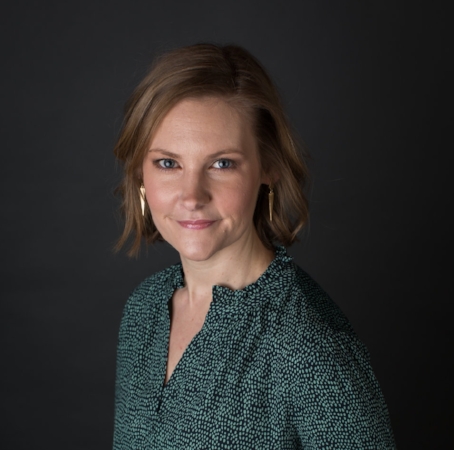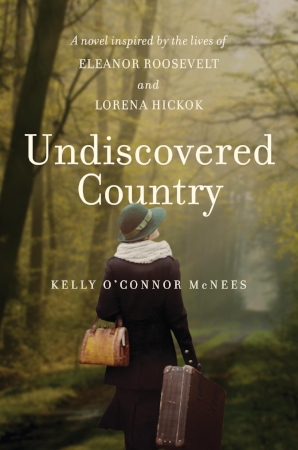WomensHistoryReads interview: Kelly O'Connor McNees
Twitter is both a wonderful tool for and a wonderful distraction from writing. Classic blessing/curse situation for writers. But it was on Twitter that I first became aware of Kelly O'Connor McNees and her debut novel THE LOST SUMMER OF LOUISA MAY ALCOTT a few years back. Read below for the gap in the historical record that inspired Kelly to write that novel, as well as her latest historical inspiration and current novel, UNDISCOVERED COUNTRY.
Greer: How would you describe what you write?
Kelly: I find stories in the footnotes of history—things that have been forgotten or never explored, and people (usually women) who played a role and yet never got credit for it. My first book, The Lost Summer of Louisa May Alcott, grew out of the fact that there are several months missing from LMA's journals in the summer and fall of 1855. In July, she moved to Walpole, NH, with her family and was fairly bogged down with obligations to them, despite her desire to write. By November, she was living on her own in Boston and making a living from her writing. I could find nothing in biographies of her or in her own writing that explained what happened during this period to prompt such a change in course, so it felt like the perfect opportunity to create a story.
In my new novel, Undiscovered Country, I explore the romantic relationship between Eleanor Roosevelt and AP journalist Lorena Hickok. Hick, as she was known, had a huge influence on Eleanor's personal and professional life, and also an influence on New Deal policy. And yet her work is not well known. I wanted to see if I could imagine Hick's voice, and her inner life as she experienced this tumultuous time in her own life and in the life of America.
Greer: Sounds wonderful. I loved your piece on Hick at The Millions. And I always love to hear what other authors are reading. What’s the last book that blew you away?
Kelly: Lately I have been reading a lot of historical fiction written for a middle grade audience (age 9 to 12) because I think some of these authors are doing really imaginative, exciting things with their work and I want to learn from them. I was blown away by The War That Saved My Life by Kimberly Brubaker Bradley. I cried many times reading this novel, and that is pretty rare for me. There was something about this deeply sympathetic protagonist, Ada, who is sent away from London during World War II. Ada has been abused and is a deeply wounded girl. She does not know how to love or even trust other people. But through her relationship with Susan, the woman who takes in Ada and her brother, Ada slowly begins to heal. I cannot wait to read this book with my daughter when she is old enough. It is truly marvelous.
Greer: What do you find most challenging or most exciting about researching historical women?
Kelly: Research is all about discovery, and it's also an essential part of my creative process. The details I stumble upon inspire scenes and plot twists that I might never be able to imagine. Truth is stranger and more fascinating than fiction, it turns out--it feels like a treasure hunt. That's what makes it exciting but also challenging, because when do you stop? At what point does research become a way of procrastinating? So I try to walk that line carefully, gathering the raw material I need, but never letting the search for it and the desire for historical authenticity overshadow the work of storytelling. If you aren't telling a good story, no amount of research will save the novel!
Greer: Truth. No one ever said, "I loved reading that novel so much! All the facts were so accurate."
Kelly: Now I want to know the last book that blew you away!
Greer: Gladly! I just finished RED CLOCKS by Leni Zumas. It's beautifully written, with gorgeously unspooling sentences, but it doesn't fall into the trap of some literary fiction, of putting the words ahead of the plot. It combines those beautiful sentences with a powerful, spellbinding urgency. There are four main characters, four perspectives -- The Mender, The Wife, The Daughter and The Biographer -- set in a present-day America where abortion has been outlawed, and the way these four stories intertwine is just so... I have to repeat that same word, powerful. Favorite book of 2018 so far.
Read more at https://www.kellyoconnormcnees.com/
(And of course, return here for another #womenshistoryreads Q&Q&Q&A tomorrow!)

